Average Household Debt Balloons
According to Yahoo Finance, average American household debt is at $15,654 (excluding mortgages), an increase of 8% over last year. With interest rates creeping up and wages not keeping up with inflation, a perfect financial storm is looming for most families leading them feeling stressed and overwhelmed!
80% Of All Americans Don’t Pay Off Monthly Credit Card Balance
The household debt snowball continues to gain momentum and size with 80% of all Americans carrying their credit card balance over to the next month.
Yahoo Finance reports that over half of all credit card holders have been carrying a balance for more than two years. The challenge is that the overwhelming majority of these purchases were for consumer goods that are often quickly discarded long before the high interest rate debt is ever paid off.
Healthcare Costs Have Risen 34% While Income Has Only Increased By 20% Over Last Decade. Americans are more worried about health care costs than the costs of college, housing or childcare, a new Ipsos poll shows.
Fully 85% of participants said their biggest financial concern was about skyrocketing health care costs.
Student Debt Is Failing Our Next Generation Investing in one’s future is becoming affordable only for the upper class! The Federal Reserve Board reports that 68% of graduates in 2017 had a debt averaging $30,100 and that 43% are not making the required payments upon graduation.
77 million Americans have debts in collection. This represents turbocharged stress. Imagine constantly dodging phone calls and the terror of opening your mail. That knock on the door could be a bill collector. What if your kids are there when you have to confront someone over unpaid bills? This is a really hard cycle to break.
The good news is it can be done and, if you do it right, you can permanently avoid this trap. 37% of Americans have no insurance and 50 million households are under insured.
Buying Insurance is a bit like getting a new roof for your house, nobody really wants to do it but if you don’t, you may pay a huge price. What if you’re the main - or only - breadwinner in your household and you contract a debilitating disease or have a car accident? Who is going to pay the bills for your grieving family if you lack the proper term insurance?
2/3 of Americans can’t pass a basic financial literacy test. Considering how important money is in our society it’s staggering that we don’t invest the time learning how to make and save it.
More family breakups occur over financial challenges than any other issue. The stress of living paycheck to paycheck has become normalized. It really doesn’t have to be this way. There are simple strategies to escape this stress, relax, and enjoy life.
33% of American adults have $0 saved for retirement. Do you absolutely love getting up and going to work everyday? Hopefully the answer is ‘yes’ but for many, it’s what we do to pay the bills. If you’re not jumping out of bed every morning now, imagine how you’ll feel when you’re 75 or 80 years old shuffling off to your job as a greeter at Walmart. This doesn’t have to happen.
Retirement can be a great time of life to enjoy freedom, travel, children and grandchildren but it takes preparation, and you really want to start before age 65.
When It Rains it “Poors”
Financial experts agree that families and individuals need to have enough accessible cash for 3 to 6 month’s worth of normal expenses tucked away when unplanned and unexpected expenses, or loss of income occurs.
Sadly, 44% of American adults don’t have enough cash to cover a $400 emergency and as most people know many emergencies can cost in the thousands to tens of thousands of dollars.
“90% of adults fail to achieve their long-term financial goals.” – Budgetbrakers
“71% of workers felt moderate to extreme stress during past 6 months and 66% of them blame their financial situation.” – John Hancock
“65% of Americans save little or nothing and more than half could struggle in retirement.” – CNBC
“61% of Americans don’t know how much they need to save to get them through retirement.” – Bankrate
“51% of millennials feel they don’t understand enough about IRAs to contribute to one.” – LIMRA
“People commonly get loans at up to 30% to pay for their vacations.” Marketwatch
“Chapter 11 Bankruptcies are up 63% over last year & Corporate Bankruptcies are at highest level since 2011.” Business Insider
“Less than 30% of Americans feel comfortable with their knowledge level needed to manage their finances.” USA Today
“Consumer debt is set to surpass $4 trillion by end of 2019.” – CNBC
“In 2017 there were 364 million open credit card accounts in the US.” – American Bankers Association
“Consumers will pay $104 billion in credit card interest and fees in 2018.” – Magnify
“44 million Americans have student loans totaling over $1.4 trillion.” – CNBC
“The average cost of an American wedding in 2019 is $35,329.” – The Knot
“53% of people aged 21 to 37 have received financial assistance from a parent, guardian, or family member since turning 21 to pay for things like mobile phones, groceries, gas, health insurance and rent and 35% of them still live at their parent’s home.” – Country Financial
“18 to 37 year olds are the group most likely to take a ‘Payday loan’ with interest rates up to 400%. –CNBC
“Currently in America there are approximately 23,000 ‘Payday” lenders, that almost twice the number of McDonalds restaurants.” –Creditcards.com


